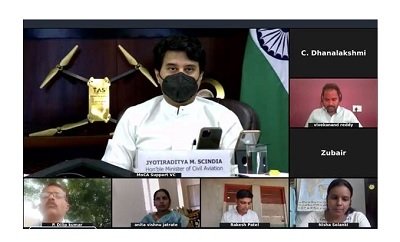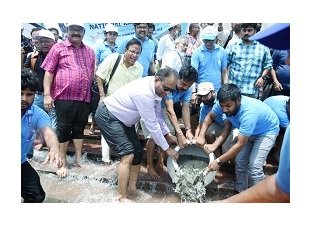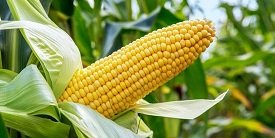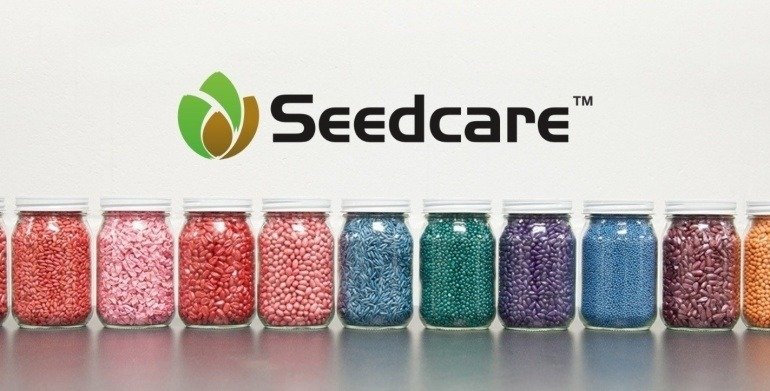Minister of Civil Aviation interacts with farmers on benefits and challenges of kisan drones
Various famers across the country stated their experiences and benefits on using drones as a tool for agriculture
Minister of Civil Aviation Jyotiraditya M Scindia interacted with various farmers across the country on the benefits and challenges of Kisan Drones. The interaction took place under ‘Samvaad with Scindia, an interactive programme in which minister interacted with the farmers and drone users directly.
He shared the various government policies related to drones and how farmers can benefit from them. These includes:
- Liberalised Drone Rules, 2021 has been notified on August 25, 2021
- Drone Airspace Map has been published on September 24, 2021, opening up nearly 90 per cent of Indian airspace as a green zone for drone flying up to 400 feet
- Production-Linked Incentive (PLI) scheme for drones has been notified on September 30, 2021
- UAS Traffic Management (UTM) Policy Framework has been published on October 24, 2021
- Monetary grant program for purchase of agricultural drones was announced by the Union Agriculture Ministry on January 22, 2022.
- All five application forms under Drone Rules, 2021 have been made online on the DigitalSky Platform on January 26, 2022
- Drone certification scheme has been notified on January 6, 2022, making it easier to obtain type certificate by drone manufacturers.
- Drone import policy has been notified on February 9, 2022, banning import of foreign drones and freeing up import of drone components
- Drone (Amendment) Rules, 2022 has been notified on 11th February 2022, abolishing the requirement of a drone pilot licence. The remote pilot certificate issued by a DGCA-authorised drone school is adequate for operating drones.
- Applications from drone and drone component manufacturers for PLI scheme for drones and drone components were invited between March 10 to 31, 2022.
Various farmers across the country stated their experiences and benefits on using drones as a tool for agriculture. Farmers also asked various questions to minister related to drones. The discussion was moderated by Amber Dubey, Joint Secretary who heads the drone division at Ministry of Civil Aviation.
On the question of high fee for drone pilot training, the minister said, “The fees of a drone pilot course are currently quite high but you should not worry at all as when the number of drone schools keep increasing, the cost of training drone pilots will keep on decreasing and you will see revolution within the next three to four months as we keep increasing the number of such schools. The country definitely needs more drone pilots and it is for this reason that their certification process has been completely decentralised. So, now, the DGCA will only certify drone schools, and it is the drone school concerned which will grant certificates to pilots which will completely remove bureaucracy from this process.” In the last six months, DGCA has certified 23 schools for training drone pilots, he further added.
The Ministry of Civil Aviation had earlier this month invited second round of applications for the production-linked incentive (PLI) scheme that was announced last year to boost drone manufacturing in India. The deadline for submitting the application form is 2359 hours on May 20, 2022.The final list of PLI beneficiaries is expected to be released by June 30, 2022 after detailed scrutiny of their financial results and other specified documents.
Various famers across the country stated their














